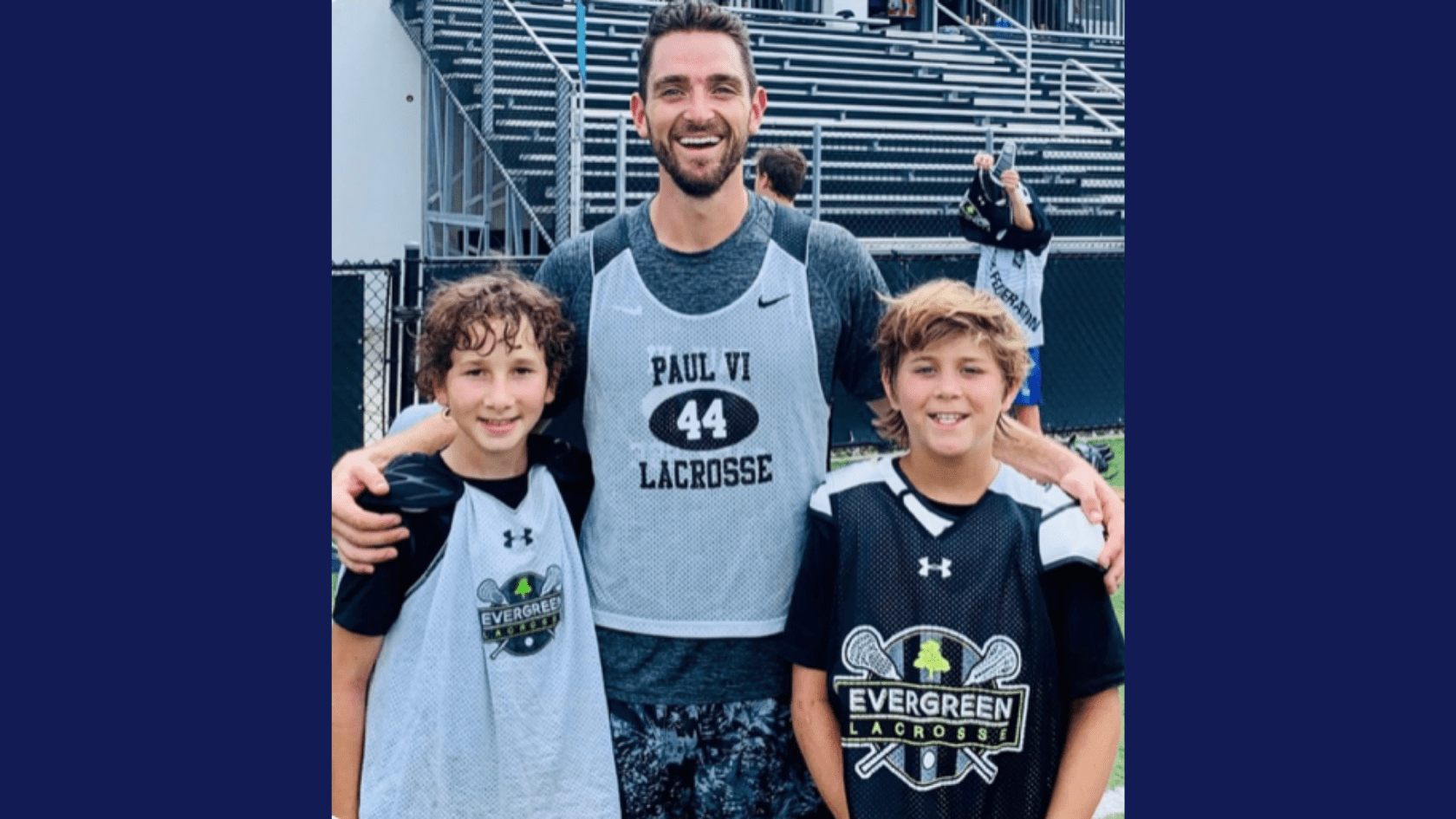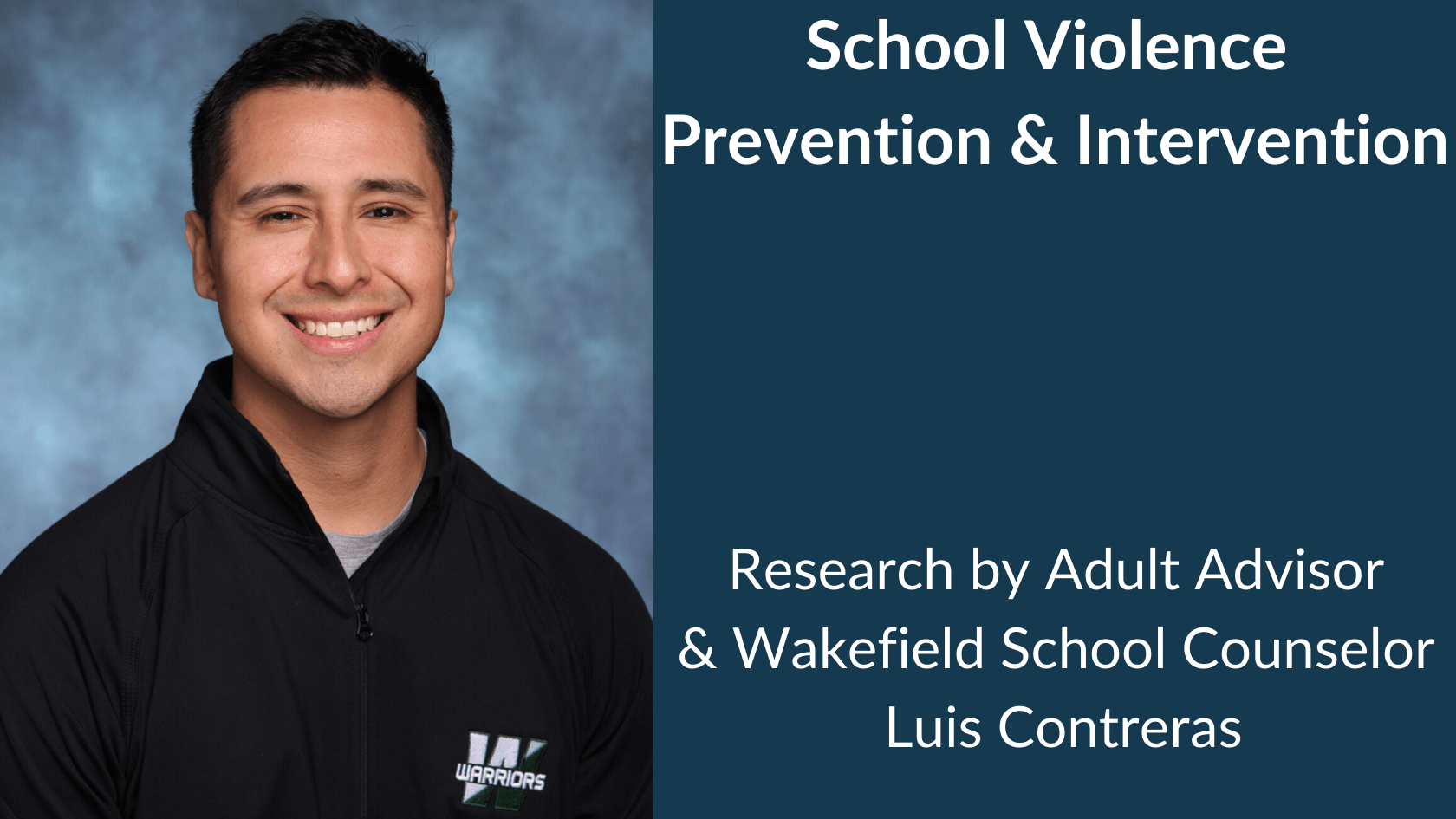WHAT IS SOURCES OF STRENGTH?
Sources of Strength
At SIOV, our primary program is implementing Sources of Strength, an evidence-based suicide prevention program with a proven capacity to positively change school culture. Taking an upstream approach to prevention, the program enhances access to protective factors by pairing students with trusted adults and increasing the number of assets in their lives.
What is Sources of Strength?
Sources of Strength is an evidence-based mental wellness program proven to positively change school culture. It uses an upstream approach to enhance the protective factors among youth by increasing the number of assets in students’ lives.
The program trains students as peer leaders and pairs them with trusted adult advisors at school and in the community. With support from the advisors, the peer leaders serve as connectors to the rest of the school community by conducting well-defined messaging campaigns intended to change social norms by encouraging help-seeking behaviors
Sources of Strength, From 2006 to Today:
According to the Sources of Strength website, here’s an overview of the program’s history:
“Sources of Strength was developed in North Dakota in 1998 by founder Mark LoMurray, in partnership with rural communities and several Northern Plains tribes. From 2000 to 2004, through a statewide collaborative effort […], the program trained approximately 7,500 teens and young adults.
[….] In 2006, Sources of Strength partnered with Peter Wyman, Ph.D, University of Rochester in New York and C. Hendricks Brown, Ph.D., University of Miami to begin a community research partnership […which ] showed results demonstrating that adult supported Peer Leaders could have a significant impact across an entire student population; increasing positive perceptions of adult support for suicidal youth and the acceptability of seeking help.
[…] Since 2006, Sources of Strength has been implemented in urban, rural, and tribal settings. Programs are currently running in a number of states, including the following:
- Alaska
- Arizona
- California
- Colorado
- Georgia
- Idaho
- Maryland
- Minnesota
- Montana
- New Jersey
- New York
- North Dakota
- Oklahoma
- South Dakota
- Wisconsin
- Wyoming
as well as in Washington, DC.” [Where the SIOV team implements trainings in addition to schools in Virginia!]
[…] Sources of Strength has [also] begun a comprehensive partnership to bring the program to schools and communities throughout Canada, and continues to discuss opportunities to bring Sources of Strength to countries around the globe.
[…] Sources of Strength is presently partnering with:
- Hundreds of middle and high schools across the country
- Universities large and small
- Numerous LGBTQ centers and organizations
- Multiple cultural community centers
- The YMCA
- Faith-based groups
- Detention centers
- The military
- And much, much more.
It has truly been an exciting time of growth and development as Sources of Strength has transitioned from a grass roots organization to an international best practice program.”
To date, SIOV has trained 791 peer leaders and 256 adult advisors for a total estimated reach of 25,650 students.
How it Works:
Certified members of our board train faculty and staff as adult advisors, then collaboratively train a diverse group of student Peer Leaders who serve as connectors to the rest of the school community.
Specific activities promote acceptability of seeking help, improve communication, and develop healthy coping strategies. Peer Leaders conduct well-defined messaging campaigns to change social norms and encourage help-seeking behaviors while spreading hope, help, and strength into every corner of the school.
Specifically, these activities are designed to increase the acceptability of seeking help, improve communication, and develop healthy coping strategies. The mission of sources of strength is to spread hope, help, and strength into every corner of the school.
Milestones & Measurable Impacts
Sources of Strength has had a measurable impact on the schools we’ve brought it to. It’s been an exciting journey to watch the program grow and thrive in the hands of capable, enthusiastic peer leaders and adult advisors.
Combined with other mental health supports over a two-year implementation period at McLean High School, Sources of Strength tangibly impacted the following metrics:
- 9% decrease in students who reported depressive symptoms year-over-year
- 9% reduction in the annual number of reports from students seriously considering suicide, 6% of whom were females
- 6% drop in reports from female students about experiencing high levels of stress within 30 days
- 5% decrease in reports of students who stopped participating in normal activities due to feeling sad or hopeless in the past year
Post-training survey results by 27 respondents from the Sources of Strength trainings we conducted in 2019 yielded the following insights:
The average rating for participants’ training experience was 4.5 out of 5 (1 lowest, 5 best).
- 100% of 26 respondents said they would recommend the training to a friend
- 34.6% said they were happy they came
- 34.6 said they felt more positive and hopeful
- 15.4% felt emotionally stronger when asked how they were feeling after the training
- 15 indicated that they never believe that there is nothing they can do to feel better
- >15 said that they have tools and strategies to feel better when anxious, angry, or stressed.
80% or more of students agreed or strongly agreed with the following statements:
“I understand how to focus on the positive in life.”
“I made friends and feel more connected.”
“I am more connected to a trusted adult.”
In 2010, Sources of Strength and the University of Rochester conducted 6-year randomized trial using Sources of Strength with more than 40 high schools to measure the impact of 1,500 peer leaders on approximately 15,000 adolescents. This ongoing study is being funded by the National Institute of Mental Health (NIMH) as part of the National Peer Leadership Study. The results, first published in the American Journal of Public Health, show:
- Increase in peer leaders’ connectedness to adults
- Increase in peer leaders’ school engagement
- Peer leaders in larger schools were four times more likely to refer a suicidal friend to an adult
- Among the general student population, the program increased positive perceptions of adult support for suicidal youth and the acceptability of seeking help
- Positive perception of adult support increased most in students with a history of suicidal thoughts
NAMI Montgomery County (MC) and Sources of Strength
Sources of Strength has also been implemented regionally in Maryland. Read about the experience of Julianne Grothe, Marketing & Patient Relations Manager at Chesapeake Center ADHD, Learning, & Behavioral Health , below:
During my internship with NAMI MC in fall 2014, I was introduced to the Sources of Strength program. A past intern at NAMI MC actually conducted research on the program at the University of Rochester before her internship, which is how our organization learned of the program.
At the base of NAMI Signature Programs is the aspect of peer support and shared experience. Thus, the Sources of Strength program – and its emphasis on peer support – aligned with NAMI MC’s mission and vision.
We couldn’t wait to bring this program to schools in Montgomery County, Maryland. With funds raised at NAMI MC’s 2014 Heroes Celebration, along with a grant from another organization, Umttr, we were able to fund and implement the Sources of Strength program at 4 local high schools.
NAMI MC & SOS
As of today, 8 schools in Montgomery County, MD have implemented the Sources of Strength program:
- Bethesda-Chevy Chase High School
- Colonel E. Brook Lee Middle School
- Gaithersburg Middle School
- Springbrook High School
- Thomas S. Wootton High School
- Walt Whitman High School
- Walter Johnson High School
- Winston Churchill High School
It’s truly a wonderful experience to watch the program grow in each school. The students are so receptive to the program and have such a strong desire to help their fellow students. I get the opportunity to work with local Sources of Strength teams to help with messaging and campaigns, seeing the potential the program has to change the nature of the school and promote connectedness.
Mental health education in our schools is lacking. Students are learning about warning signs, but are not necessarily learning how to help a friend or what to do when experiencing emotional distress. Sources of Strength gives students a voice and an outlet to promote strength and early help-seeking, so that asking for help (for oneself or for a friend) can become a sign of bravery and courage rather than a sign of weakness. I strongly encourage more schools and communities to get on board with the program.
It’s truly a wonderful experience to watch the program grow in each school. The students are so receptive to the program and have such a strong desire to help their fellow students. I get the opportunity to work with local Sources of Strength teams to help with messaging and campaigns, seeing the potential the program has to change the nature of the school and promote connectedness.”
-Julianne Grothe, Marketing & Patient Relations Manager at Chesapeake Center ADHD, Learning, & Behavioral Health ,


